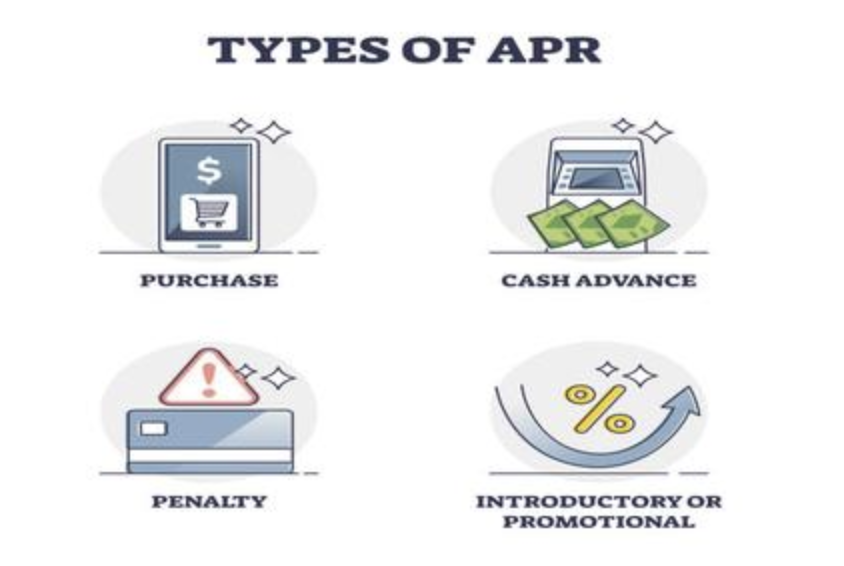For young people with significant disposable income, installment options are often seen in two lights: as either a dangerous debt scheme or a simple convenience. The reality depends on how one uses them—when applied judiciously, they can serve as an effective financial instrument to enhance cash flow and establish lasting value. The primary distinction between risk and reward relies on intentionality rather than the specific payment method utilized.
Refrain from utilizing installment plans for quickly losing value items such as the latest smartphones or trendy clothing. Instead, direct those resources towards investments that appreciate—like collectible watches, unique art pieces, or upscale home improvements that increase property value. Distributing payments over time for these acquisitions allows you to secure appreciating investments right away while keeping your cash available for other opportunities, transforming installments into a means for wealth accumulation.
Utilize 0% APR as Cost-Free Capital
Numerous high-end stores provide 0% annual percentage rate (APR) installment plans for expensive items. Consider these as no-interest loans: instead of paying the full amount upfront, invest that money into short-term, low-risk options like money market accounts or Treasury securities. By the time the installment payments are due, you’ll have gained returns on the principal, effectively obtaining your desired item for less—all without incurring additional charges.

Implement "Installment Limits" to Prevent Overextending
Young individuals with robust spending habits can find themselves overcommitted across several plans. Set a firm limit: your overall monthly installment payments should not surpass 15% of your disposable earnings. This measure helps stop debt from accumulating while still providing room for significant purchases. Use budgeting applications to monitor all plans collectively, ensuring you remain within the established threshold and keep a stable financial situation.

Focus on Plans That Enhance Credit Profiles
Making timely installment payments can improve your credit score—a crucial asset for future major investments like property. Opt for plans that are reported to significant credit agencies, even if they come with slightly elevated (but manageable) interest rates. Making payments on time reflects your ability to handle credit responsibly, which can lead to better borrowing conditions later on and transform short-term expenditures into long-term financial benefits.

Steer Clear of "Minimum Payment" Thinking
A few plans permit low minimum payments, but this prolongs the repayment period and might result in unforeseen charges. Whenever it’s possible, pay more than the minimum—direct unexpected gains such as bonuses or tax rebates towards the principal of the installment. This approach shortens the plan duration, accelerates the release of cash, and keeps you from being locked into long-term payment commitments that could hinder financial freedom.
Coordinate Installments with Earnings Patterns
Align your installment due dates with your income cycle—for instance, by matching payments to monthly salary deposits or quarterly bonuses. This strategy guarantees you have sufficient funds available when payments are due, preventing late fees and worries. For those with irregular incomes (such as freelancers or business owners), choose adaptable plans that allow you to modify payment amounts during low-income periods, ensuring your finances stay compatible with shifts in cash flow.
Installment plans are not categorically good or bad—they function as a tool determined by how they are used. For high-spending youth, the boundary between risk and utility is defined by deliberate decisions: emphasizing investments, capitalizing on interest-free conditions, and establishing strict limits. When applied with foresight, installment options can be a clever way to enjoy present benefits while paving the way for a more secure financial future.

Emergency Funds & Insurance: Dual Financial Safeguards

Rising Rates: Hidden Shifts in Affluent Lives

First Step for Finance Newbies: Allocate Income Wisely

Mortgage Payment Options for Self-Employed Individuals

Dollar-Cost Averaging Benefits

Financial Tips for a Post-Pandemic Economy: Navigating New Norms

Consumption Upgrade or Trap? Principles of Rational Buying
